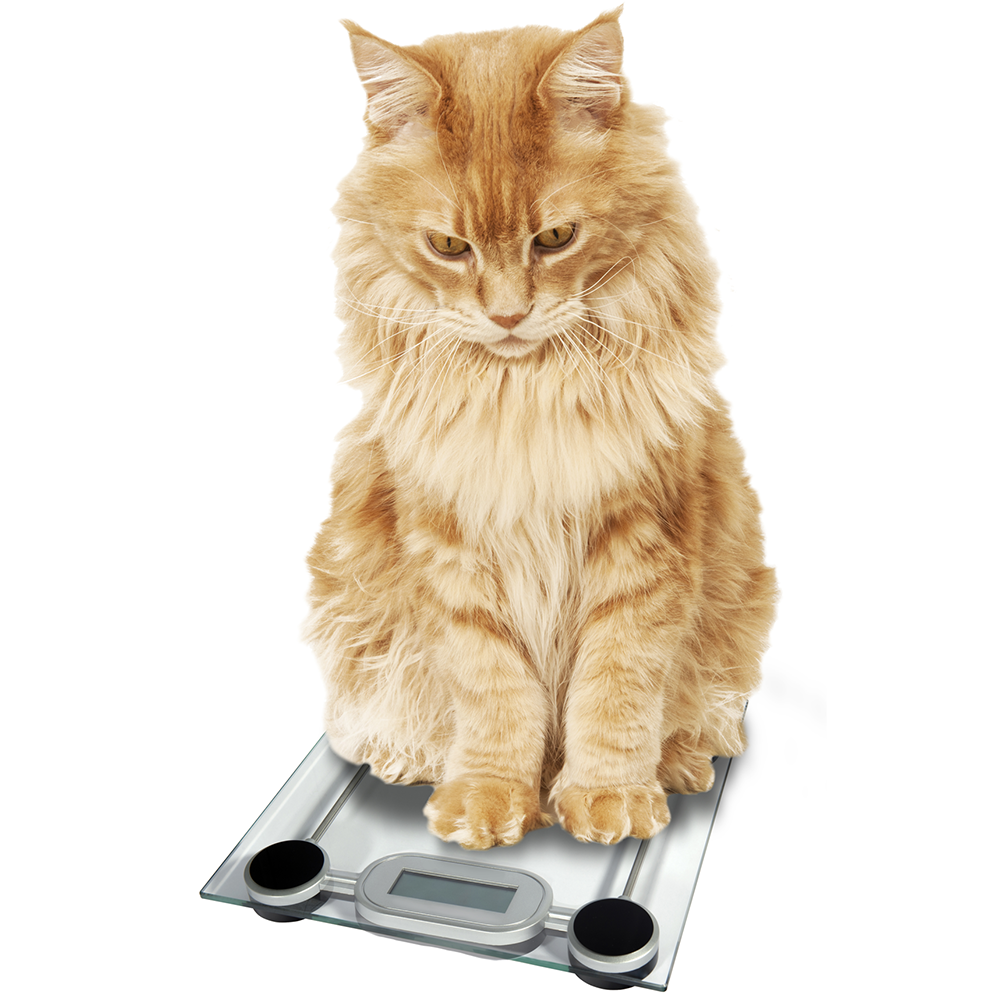
Getting an underweight cat to gain weight is much easier if you know why they are losing weight. A trip to the vet should be your first step. A number of medical conditions could be causing your cat to be underweight.
The most common are kidney disease, diabetes, IBS/IBD, bad teeth or dental problems or skinny old cat syndrome.
Kidney disease is a tough one. Appetite suppression caused by kidney disease is your worst enemy. They must eat, so feed them as much they’ll eat of any food. It’s best if the food has less than 0.06% phosphorus. Low phosphorus is crucial in managing kidney disease and must not be ignored. New research suggests that low protein is not necessary for a kidney disease cat, as long as the protein is derived from highly digestible animal sources. Many older cats are protein deficient and have a higher need for protein including kidney disease cats.
Diabetes can be easier to manage. Remove all starch from your cat’s diet and a newly diagnosed cat could go into remission within six weeks. The longer a cat is diabetic, the lower her odds of remission. Once blood glucose levels are under control, either from diet, insulin injections or both; weight will usually return to normal.
IBS/IBD is another tough one. A diet containing nucleotides will strengthen and elongate the villi of the small intestine. Robust villi can dramatically decrease harmful bacteria colonizing the intestinal tract (in healthy cats as well) and will increase the adsorption of nutrients. Fructooligosaccharides (FOS) is also a good nutrient and can help maintain the proper growth of beneficial bacteria in the large intestine. Stay away from any diet that contains plant proteins. Find a food that works for your cat and be patient. It can take up to eight weeks to see positive changes for an IBS/IBD cat.
For a cat that suddenly stops eating, bad teeth are a common cause. Sometimes a piece of food may hit a sore tooth, the cat blames the food for the pain and stops eating. Sometimes a cat will simply decide they are done with a food they have eaten for years. Other times, a new bag of food will taste slightly different and your cat will become suspicious, think something is wrong with it and refuse to eat it. A little detective work can go a long way to helping your cat live a healthier, happier life.
Skinny old cat syndrome (SOCS) is another common cause of feline weight loss. In an otherwise healthy cat, SOCS is most often seen in cats consuming a diet high in starch/carbohydrates and low in protein. As your cat ages, their need for animal protein increases. Your cat is an obligate carnivore and was never meant to eat starch/carbs. They need only protein and fat derived from meat to thrive their entire life. It does not matter whether that meat is supplied in a raw, canned or dry kibble cat food. Your cat can build muscle from protein, but cannot build muscle from starch/carbs. The average cat food sold today, typically contains 15-30% starch/carbs. For any cat food to be considered low in starch/carbs it must contain less than 10%. Young Again cat foods are less than 6% starch/carbs and our ZERO formulas are less than 1%. Protein should range from 52% to 59% and the fat content should be between 22% and 28%. Feed your skinny old cat a carnivore diet and she’ll gain healthy muscle weight.
Because most cat foods are high in starch/carbs, many cats become obese and deficient in muscle mass. This is a clear sign their food is not nutritionally balanced. If your cat looks like a football, switch him to a low carb/high protein diet and he will become more fit, trimmer and healthier.